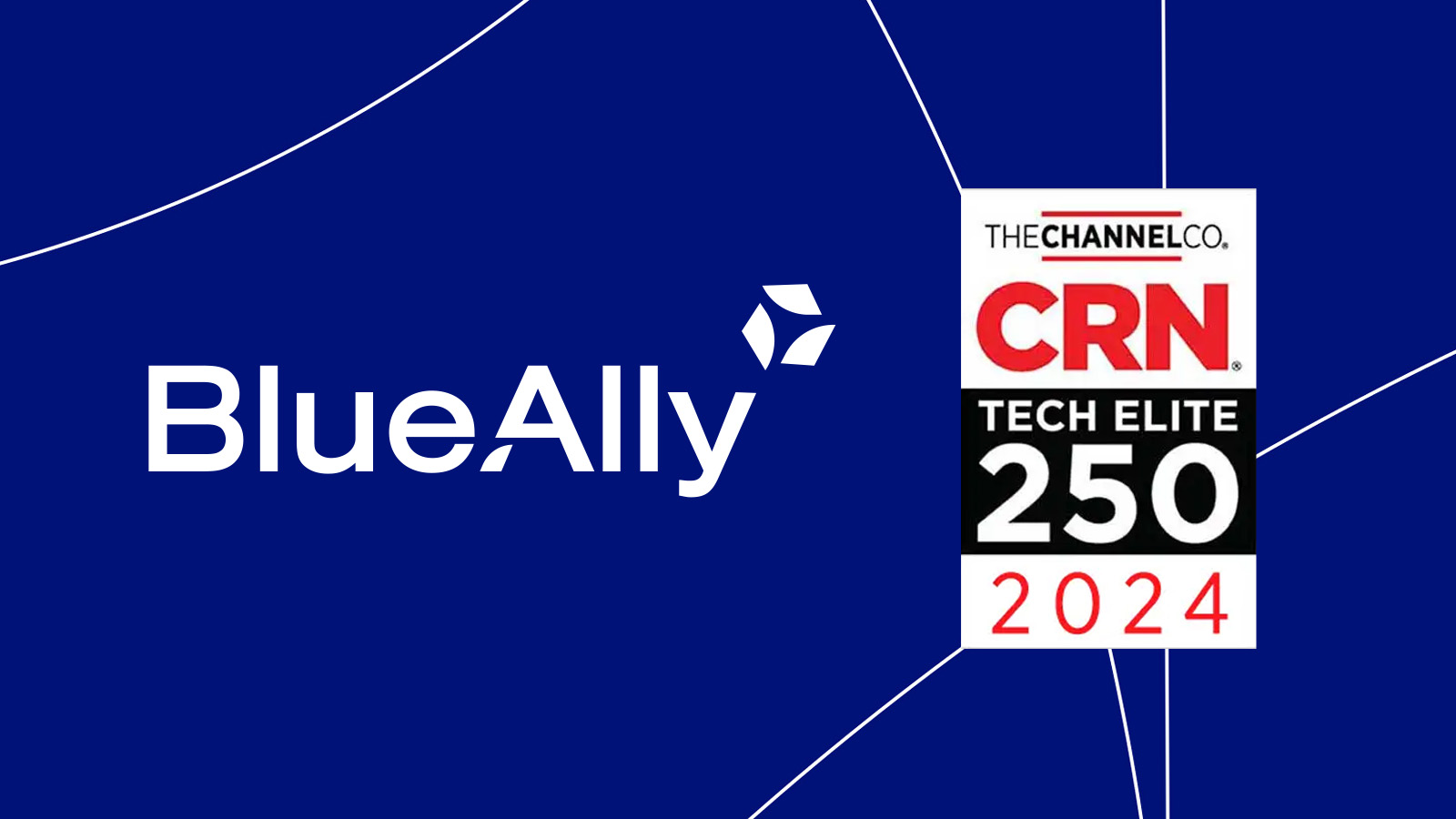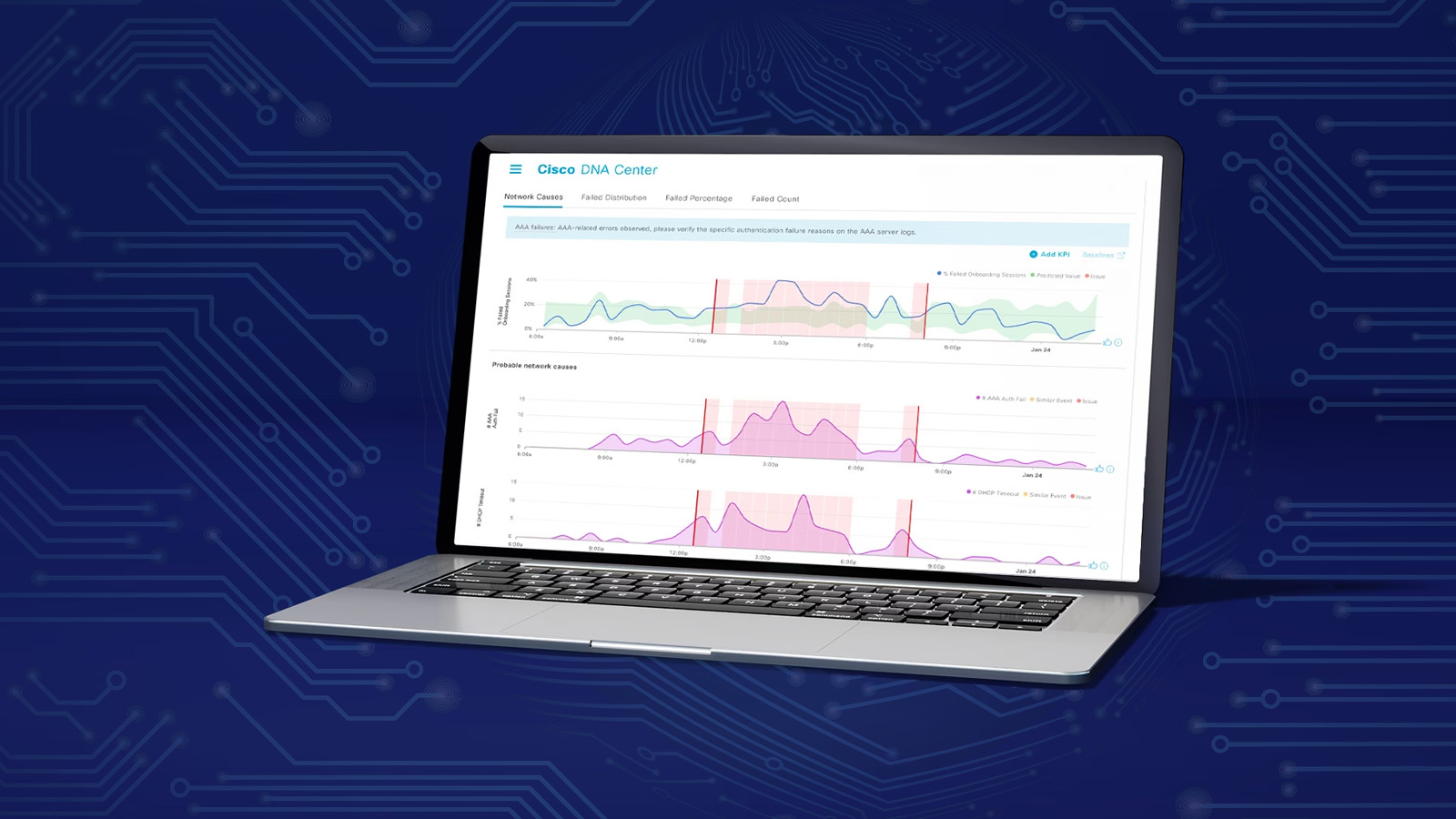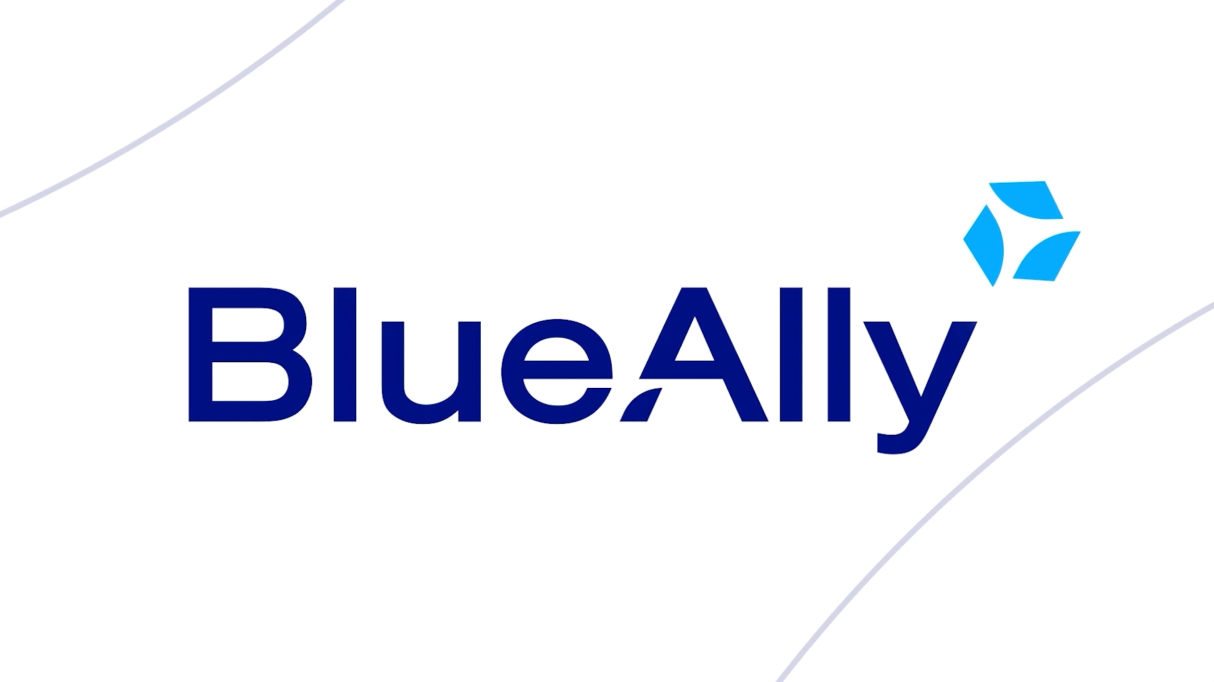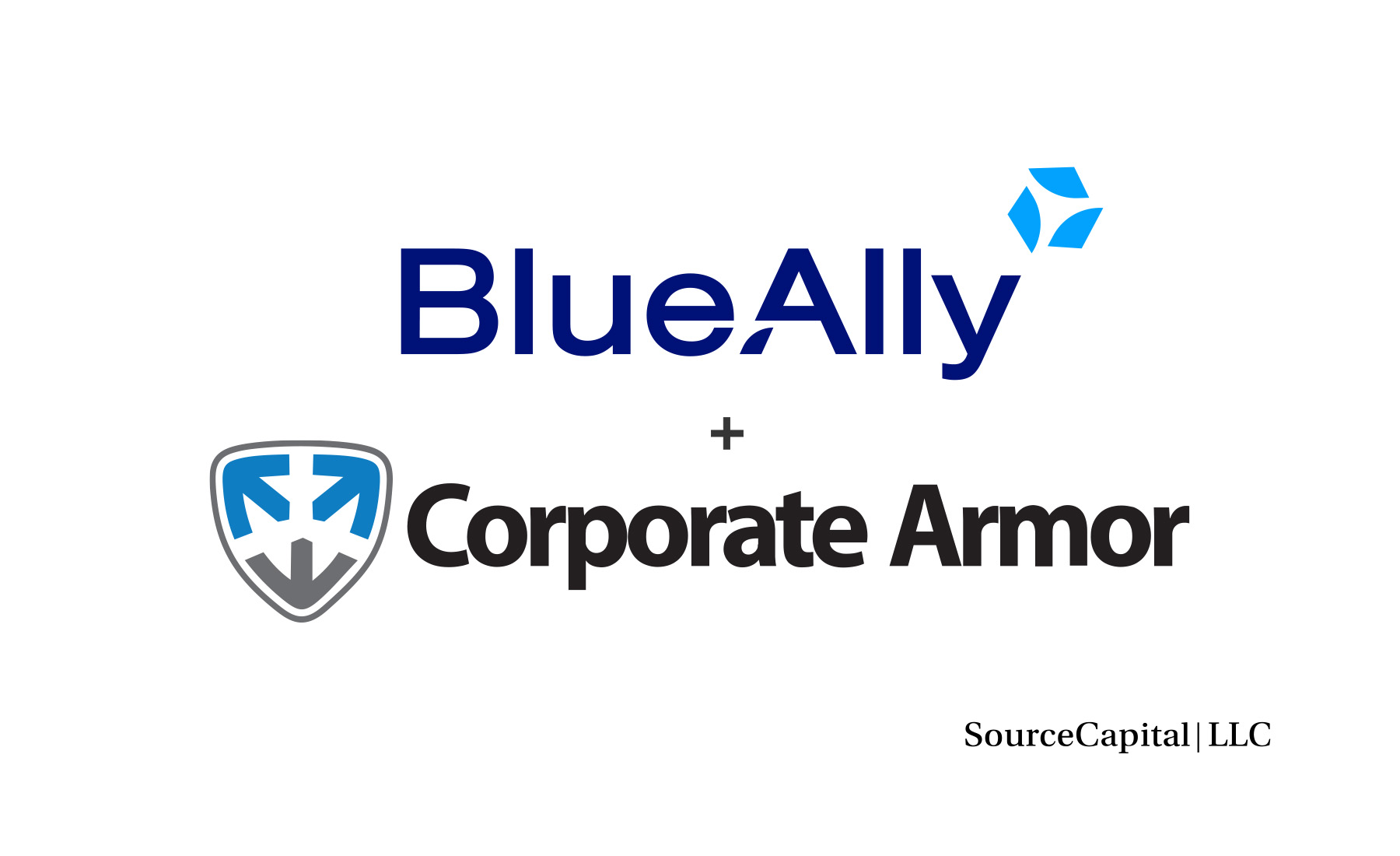 FEATURED
FEATUREDDREW GODWIN | Field CTO
In the race to harness the full potential of generative AI, one truth stands clear: aligning AI use cases with business outcomes is not just a step but a critical first step. Success here hinges on defining clear Key Performance Indicators (KPIs) that measure impact, guide investment, and ensure alignment with strategic goals.
Companies that tie AI initiatives directly to these KPIs will realize faster and more sustainable value. This disciplined approach allows firms to focus their resources on the areas where AI delivers the most significant impact, including data preparation, employee upskilling, governance, and security – the often-overlooked pillars of scalable AI success.
Explore the Exciting Possibilities: Key Use Cases for AI
Early in the AI journey, the most immediate and impactful use cases often fall into two categories:
Empowering the Workforce: One of the most immediate and impactful use cases is equipping employees with tools to work smarter, not harder. AI-driven insights, automated workflows, and streamlined documentation free up time for high-value tasks, allowing employees to deliver more with less.
Case Study: Toyota leveraged Google Cloud’s AI infrastructure to empower factory workers to create and deploy machine learning models, saving over 10,000 man-hours annually and enhancing productivity.
Reinventing Customer Engagement: Another key use case is shifting the focus from transactions to experiences. Personalized interactions powered by AI agents can transform customer journeys, reducing friction, enhancing satisfaction, and deepening loyalty.
Case Study: Rocket Mortgage employs AI to optimize call center operations, saving significant man-hours and enhancing customer service. This implementation has led to improved efficiency and customer satisfaction.
As companies mature in AI, two additional use cases become essential:
Reshaping Business Processes: One essential use case is transforming entire business functions. Real-time data access, dynamic decision-making, and AI-optimized operations mark a shift from incremental improvements to a complete reimagining of how work gets done.
Case Study: Abingdon & Witney College faced challenges with paper-based processes across multiple campuses, leading to inefficiencies and delays. The college digitized workflows such as trip and visit approvals, accident reporting, expense claims, and student risk assessments by implementing an AI-powered process automation platform. This transformation streamlined operations, reduced processing times, and enhanced overall efficiency.
Driving Innovation: Another critical use case is unlocking breakthrough innovations. With AI, companies can accelerate product development cycles and extract insights at scale—enabling them to differentiate, disrupt, and explore new markets ahead of the competition.
Case Study: Pfizer used AI to accelerate drug development, notably during the creation of PAXLOVID®. AI tools helped optimize molecular design and reduce data analysis time by 50%, speeding up research and boosting R&D efficiency.
If your organization is ready to unlock the full potential of generative AI, the path forward is clear. BlueAlly’s AI Use Case Workshop is the first step toward transforming your business. Through deep dives into the latest AI industry trends, hands-on ideation sessions, and custom Value Map development, we help you identify your highest-impact AI use cases and connect them directly to your business goals.
Connect with BlueAlly to accelerate your AI journey—our expert team is here to help you drive measurable outcomes with confidence and clarity.











































